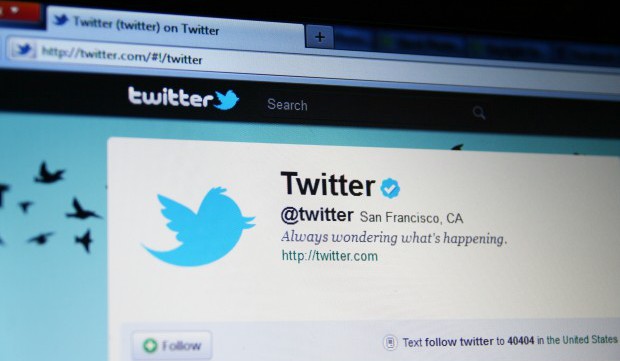
Cyberbullying and hurtful “fat jokes” are disturbingly prevalent in the social media environment, especially on Twitter, says Dr. Wen-ying Sylvia Chou of the National Institutes of Health in the US.
Dr. Chou is the lead author of a new study, published in the journal Translational Behavioral Medicine, which analyzed well over a million social media posts and comments about weight matters. Despite the disheartening pervasiveness of ‘fat shaming,’ researchers were happy to find that the news was not all bad: many instances of support and advice were also observed, especially on blogs and forums.
The study is one of the first to analyze how weight is discussed on various social media channels such as blogs, Twitter, Facebook, forums, Flickr, and YouTube. Dr. Chou and co-authors Dr. Abby Prestin and Stephen Kunath analyzed 1.37 million posts in the sixty days between 23 January and 23 March 2012, all containing the keywords ‘fat’, ‘obese,’ ‘obesity’ or ‘overweight.’
Twitter: the worst of the worst?
Compared to ‘obesity’ and ‘overweight,’ the word ‘fat’ is most often used in colloquial conversations – 92 percent of the cases – and it often appears together with words with negative, derogatory, or misogynist connotations, the researchers found. On the other hand, dialogues containing the terms ‘obesity’ and ‘overweight’ generally include more information, such as hyperlinks to news articles or healthcare agency websites.
Although blogs and forums produce a small volume of posts, they can support in-depth, sustained online exchanges about weight-related topics, including helpful information about healthy eating and weight management. In contrast, 1.25 million or 91 percent of all the relevant posts analyzed are found on Twitter. One in every three of the top relevant retweets contains ‘fat jokes’ or music lyrics which especially stereotype women of certain physiques, the team found. Dr. Chou’s study suggests that Twitter may be “a unique channel that potentially perpetuates and enables terse and insensitive flaming or aggressive cyberbullying.”
Taken together, a large proportion of user-generated content on social media reflects and reinforces weight stigma. Pervasive negative stereotypes and jokes abound, as do examples of the alienation of overweight people and self-deprecating humor. Even more alarmingly, such negative sentiments extend to verbal aggression, with far too many unchecked instances of ‘flaming’ (e.g., sending deliberately inflammatory and/or obscene comments) and cyberbullying against overweight individuals, particularly women.
The supportive side of social media
Public health practitioners and healthcare providers should be aware of the nature of authentic online conversations surrounding obesity, how it differs vastly throughout the various social media channels, and how it shapes public discourse, say the authors.
“Twitter and Facebook posts are dominated by derogatory and misogynist sentiment, pointing to weight stigmatization, whereas blogs and forums are safe online havens that provide support against weight bias,” Dr. Chou summarizes. “Social media must therefore not be viewed simply as breeding grounds for weight stigma, but also as encouraging and supportive environments.”
Dr. Chou further suggests that social media could be used as a tool for countering negative aspects of online communication on this topic, such as the pervasive weight-based stigma that was observed. Partnerships with existing anti-cyberbullying efforts and online ‘influencers’ (e.g. celebrity figures), could be used to reach social media users with messages about the harmful effects negative comments can have on those who are struggling with their weight.
